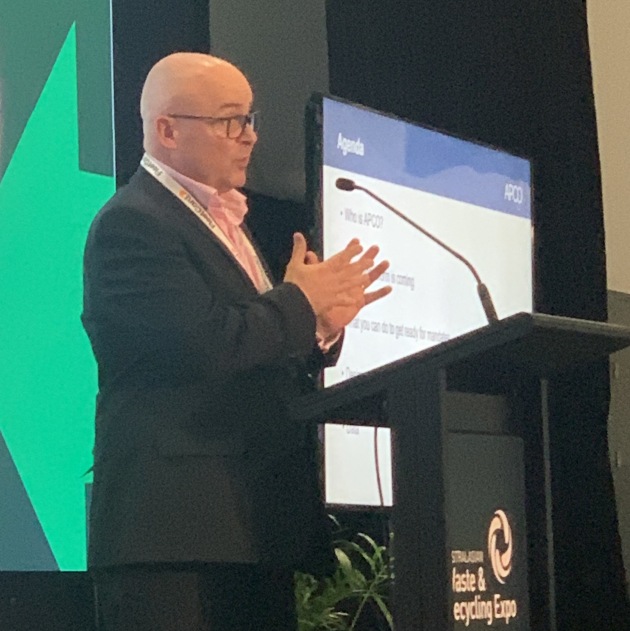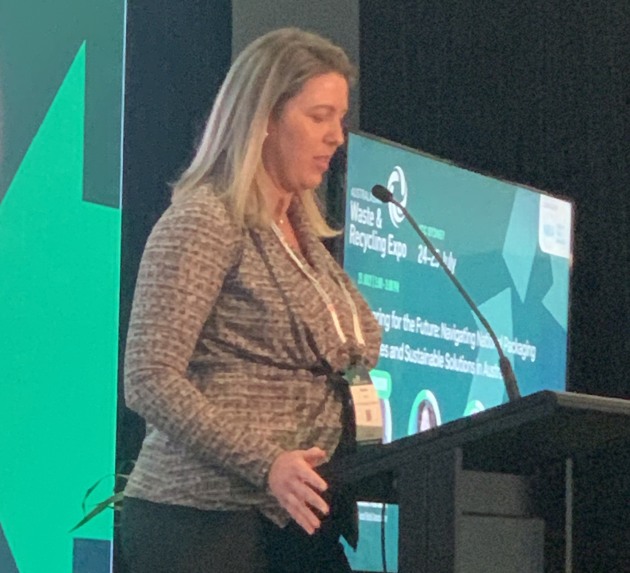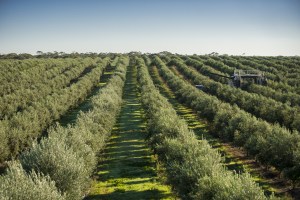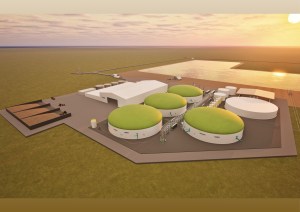A recent panel discussion held at the Australasian Waste & Recycling Expo (AWRE) on national packaging mandates saw APCO, AFGC and CCEP provide critical insights into how businesses can navigate upcoming regulations and enhance their sustainability practices
Moderated by Bonnie Marshall of the National Retail Association (NRA), the panel featured Chris Foley, CEO of the Australian Packaging Covenant Organisation (APCO), Scott Edwards from Coca-Cola Europacific Partners, and Renate Daudt from the Australian Food & Grocery Council.
The discussion centred on the pressing need for businesses to prepare for new national packaging regulations, including the Australasian Recycling Label (ARL), Container Deposit Scheme (CDS), and National Plastics Recycling Scheme (NPRS), as well as industry efforts to advance kerbside soft plastic recycling and product stewardship in Australia.

Chris Foley underscored the urgency of addressing recycling targets and reducing single-use plastics. "The targets for recyclable packaging and plastic recycling rates are not being met, and it's clear that action is required," Foley stated.
He pointed out that the proportion of recyclable packaging needs to reach 100 per cent by the end of 2025, while the current rate stands at 84 per cent. Additionally, the plastic recycling rate must increase from 20 per cent to 70 per cent, and the average recycled content in packaging should rise from 40 per cent to 50 per cent. These figures highlight significant gaps that need to be closed to meet regulatory expectations.
Foley also emphasised the critical role of data transparency and traceability in complying with recycled content mandates. He remarked, "Data is crucial for validating recycled content and proving compliance."
Foley highlighted that businesses must assess their packaging practices now to align with forthcoming regulations and improve their traceability measures. He urged businesses to start preparing by evaluating their packaging footprint and seeking assistance if necessary. "There is a growing expectation for brand owners to be transparent about their packaging materials and their recyclability," Foley noted, advocating for proactive measures to address these challenges before regulations become more stringent.

Renata Daudt, consultant to the Australian Food & Grocery Council, talked about the significant challenge of managing packaging waste in Australia compared to her experiences in Germany. She noted, "When I moved to Melbourne, I was shocked by the limited recycling options. In Germany, I was used to a more advanced system, whereas here, about 50 per cent of packaging ends up in landfill."
Daudt expressed her concern about the waste of valuable materials and the financial implications, stating, "Seeing so much packaging waste going to landfill motivated me to focus on improving packaging practices in Australia."
Daudt emphasised the importance of adhering to local guidelines and collecting accurate data for effective packaging solutions. She explained, "We use sustainable packaging guidelines to assist businesses in aligning with the Australian and New Zealand systems."
Daudt stressed that without reliable data from suppliers, it is challenging to implement effective strategies. "It's crucial to start collecting the right data now to avoid costly mistakes later," she said.
She also pointed out that many retailers are already requesting compliance with sustainable packaging guidelines, indicating that businesses should prepare ahead of mandatory regulations. "Even though sustainability requirements aren't mandatory yet, it's important to engage in the process early to ensure you’re ready for future standards and avoid financial losses," she said.
Scott Edwards from Coca-Cola Europacific Partners addressed the current state of recycling and the challenges faced in Australia. He highlighted that while the recycling rate for containers is relatively higher, around 55 to 65 per cent, "the rest of the recycling landscape is pretty horrendous".
Edwards also contrasted Australia's logistics and scale with Germany's, noting, "I had to literally put up a chart with an overlay of Australia and Europe and said, 'We've got four factories in a country the size of your entire continent, while the German market fits into half of the Northern Territory.'" This comparison underscores the logistical difficulties of managing recycling and packaging in such a vast country.
Edwards discussed the company's focus on integrating sustainable practices into their operations (which he also outlined in more detail in a case study presentation). He acknowledged the influence of European practices on CCEP's strategy, particularly around reusable and refillable packaging. "We are evaluating reusable and refillable packaging options, drawing insights from Germany," he said.
Edwards highlighted that CCEP's future efforts will not only concentrate on recycling but also on closing the loop with sustainable materials, stating, "Our future focus is on integrating plastic materials from non-fossil fuel sources and improving the reuse aspect of our packaging."





